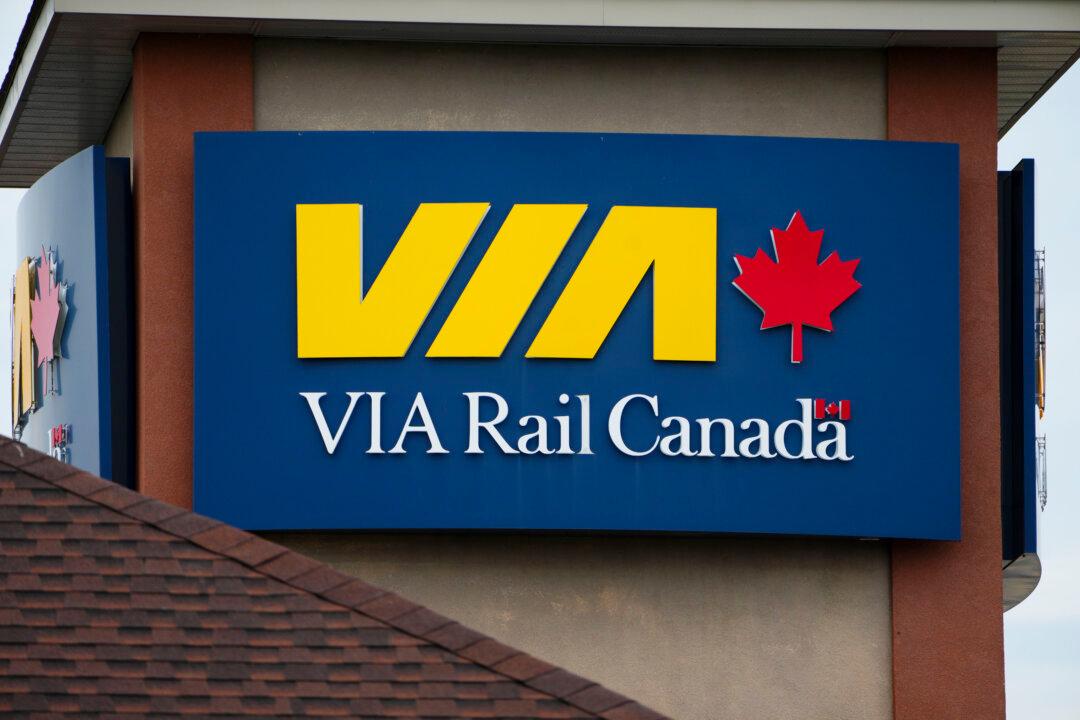VIA Rail gave its executives handsome bonuses while the Crown corporation lost millions of dollars during the COVID-19 pandemic and requested a taxpayer-funded bailout, records show.
The records, obtained through Access to Information and released by the Canadian Taxpayers Federation (CTF), show that 650 VIA Rail managers received a total of $6,434,642 in taxpayer-funded bonuses in 2020, reported Blacklock’s Reporter. This is equivalent to $9,899 paid to each individual. That year an additional $1,430,703 in pay raises were approved for non-union managers.





